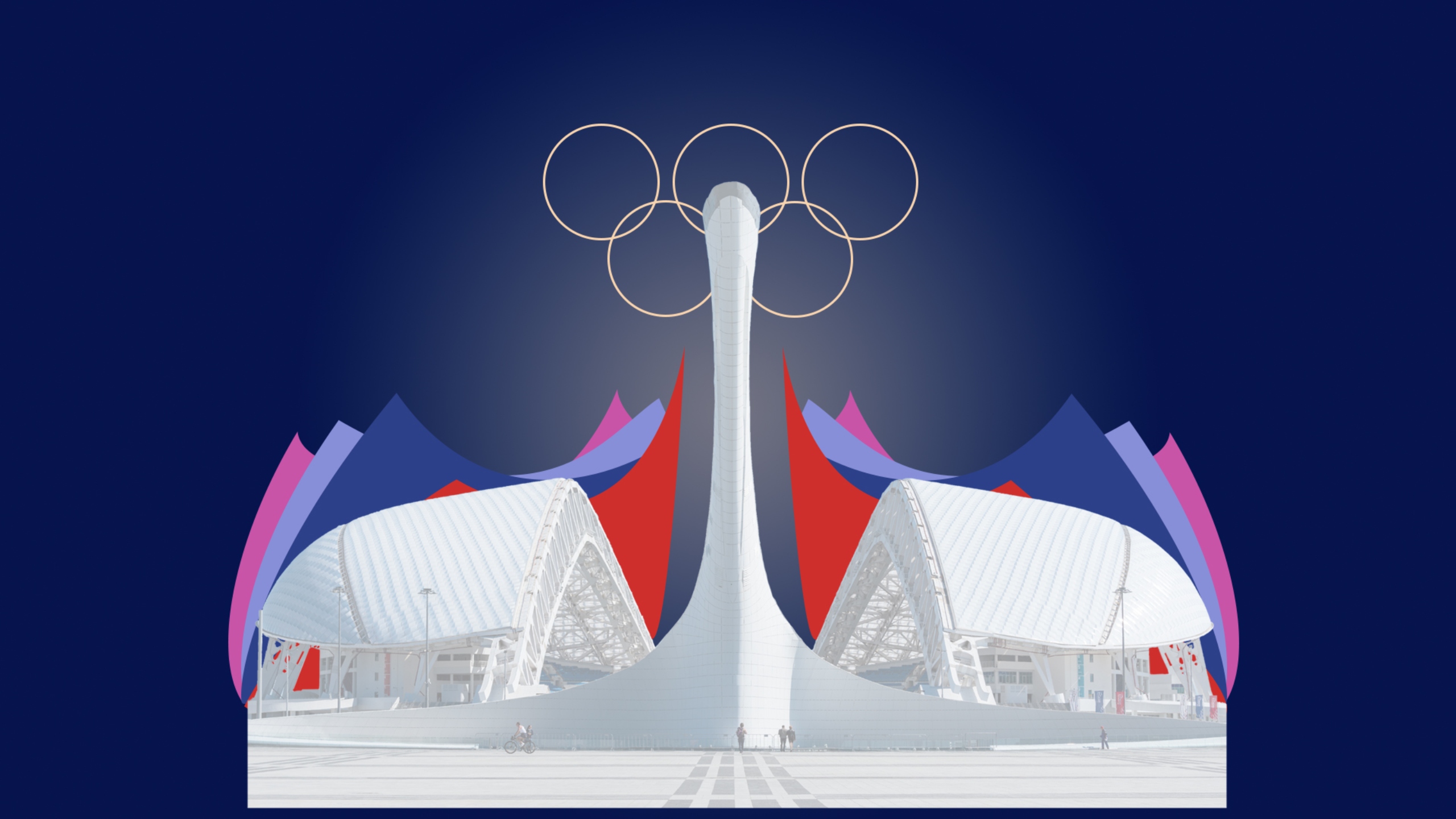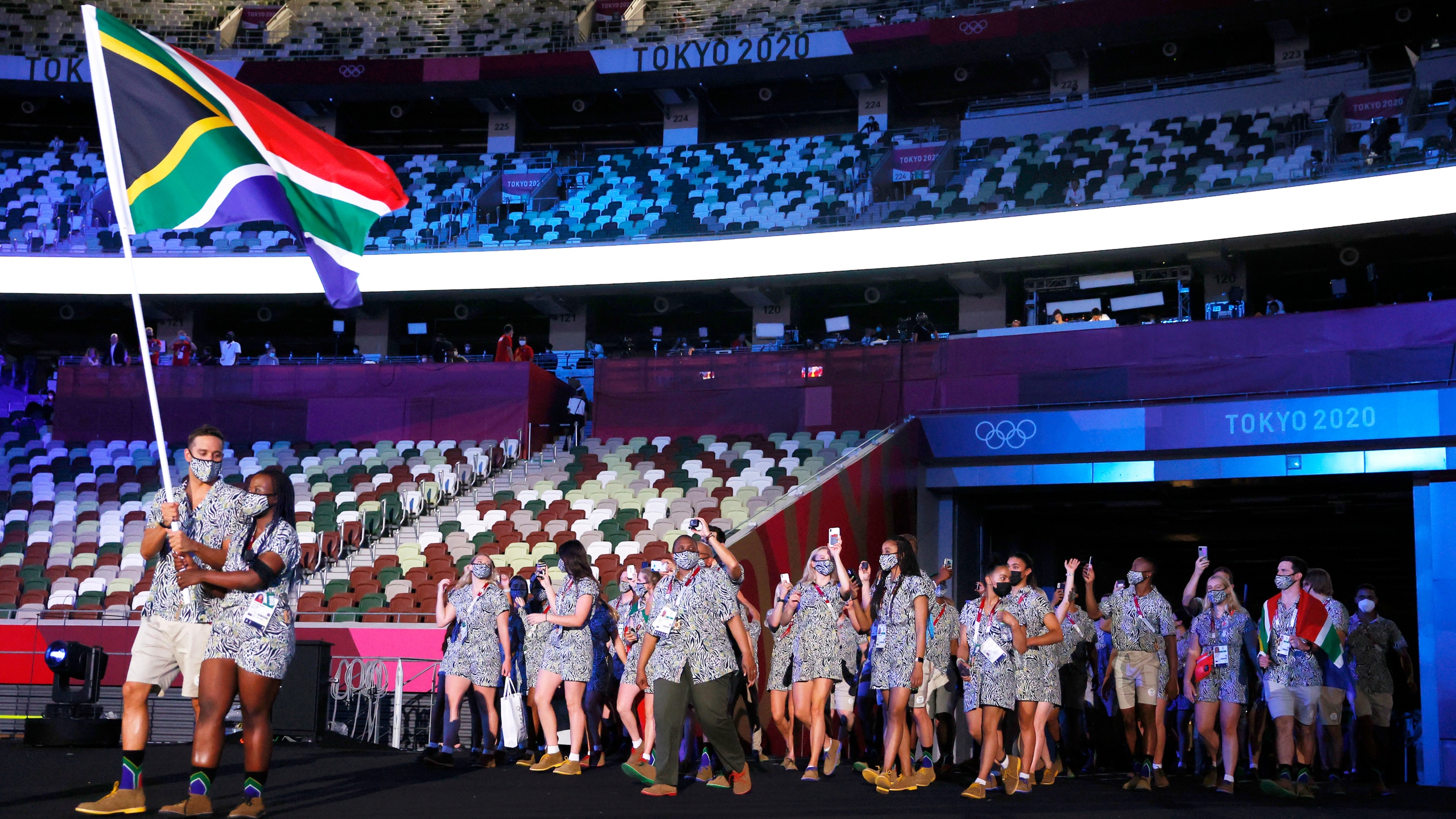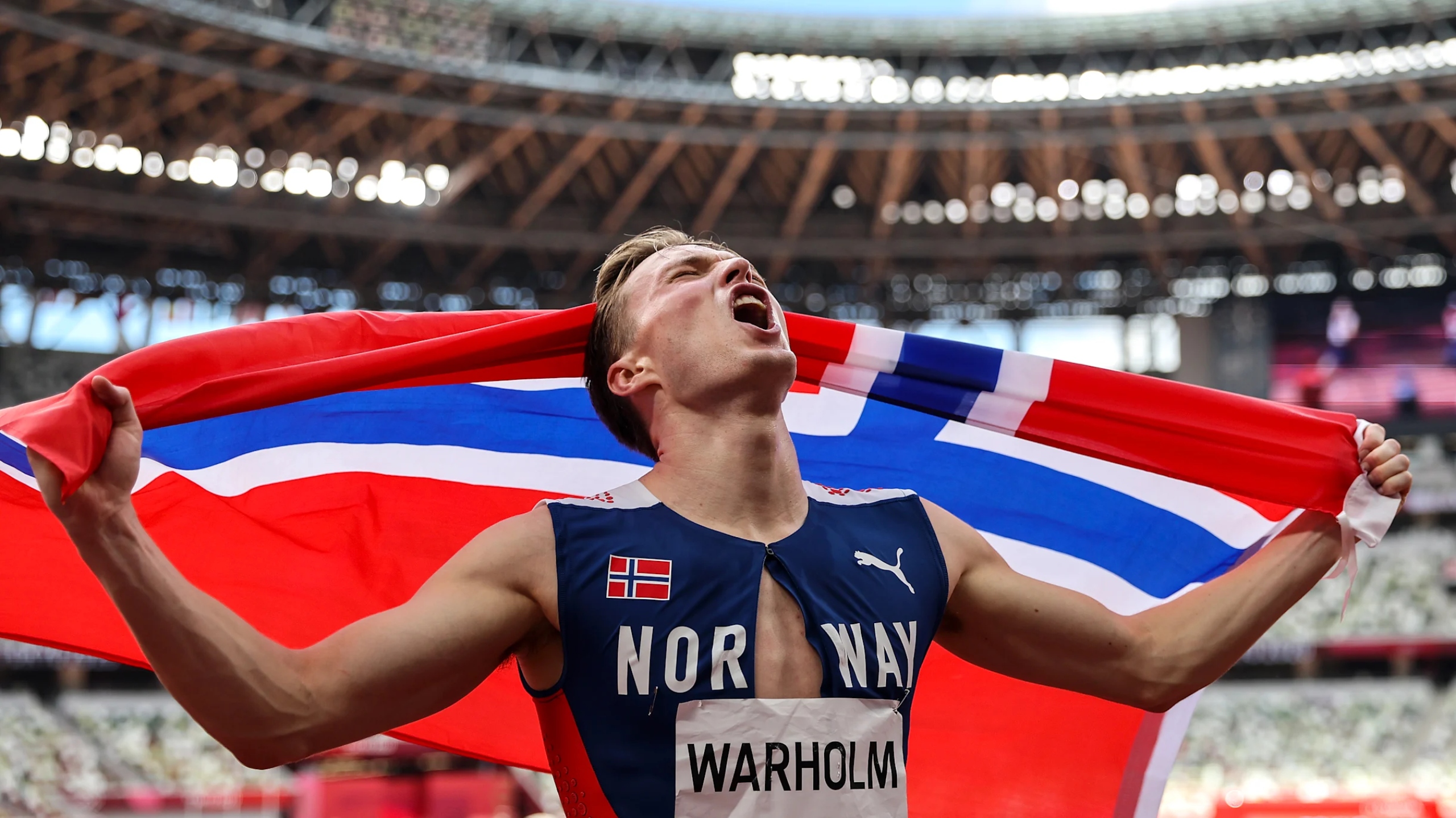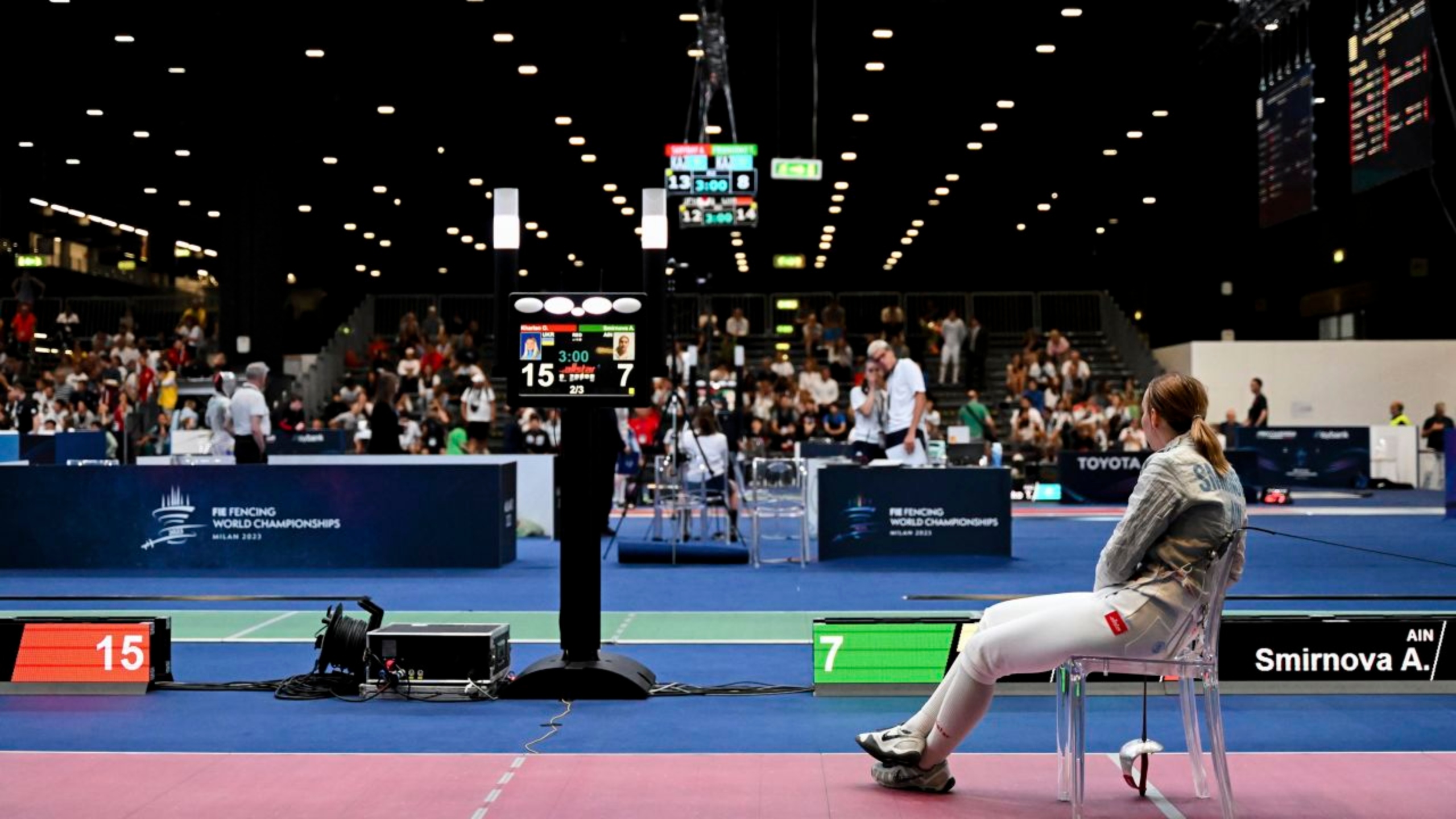
The Olympic Games, regarded as the zenith of human athletic prowess and a symbol of global unity, have held an enduring place in the hearts of people around the world for well over a century. Every four years, the world unites in anticipation of this grand spectacle, which transcends borders and brings together athletes from diverse backgrounds. This article embarks on a journey through the multifaceted world of the Olympics, delving into the intricate preparations and captivating events that precede each edition, celebrating the remarkable athletes who have left an indelible mark on the Games, and acknowledging the challenges and controversies that have occasionally overshadowed this grand celebration of human excellence.
Preparations for the Olympics represent an intricate ballet of planning, construction, and coordination on a global scale. Host cities dedicate years of meticulous effort and invest billions of dollars in creating the ideal stage for athletes and spectators alike. This endeavor includes the construction and enhancement of world-class venues, which range from iconic stadiums for marquee events to state-of-the-art training facilities for athletes. The infrastructure development not only facilitates the successful hosting of the game but also leaves a lasting legacy, benefiting the host city long after the closing ceremony. Alongside these tangible preparations, the Olympic torch relay symbolizes the global reach and unifying spirit of the olympic games. The torch embarks on a journey that spans multiple countries before arriving at the host city, where it ignites the Olympic cauldron during the grand opening ceremony, showcasing cultural diversity and promoting international goodwill.
The Grand Stage: Preparations and Events Surrounding Upcoming Olympic Games
A Global Endeavor
The Olympic Games, whether the Summer or Winter edition, demand meticulous planning and coordination on an international scale. Host cities invest years of effort and billions of dollars into preparations, striving to create an unforgettable experience for athletes and spectators alike.

1. Infrastructure Development
One of the most apparent aspects of Olympic preparations is the construction and enhancement of venues. These range from iconic stadiums for marquee events to state-of-the-art training facilities for athletes. The infrastructure development aims not only to host the Games but also to leave a lasting legacy for the host city.
2. Torch Relay
The Olympic torch relay is a symbol of the Games’ global reach and unifying spirit. The torch is lit in Olympia, Greece, and travels through multiple countries before arriving at the host city, where it ignites the Olympic cauldron during the opening ceremony. The relay showcases cultural diversity and promotes international goodwill.
3. Security Measures
Ensuring the safety and security of athletes and attendees is paramount. Olympics require comprehensive security strategies, often involving cooperation between local law enforcement, international agencies, and military forces. These measures are implemented discreetly to prevent any disruptions to the Games.
4. Cultural Festivals
To celebrate the diverse cultures of the world, host cities typically organize cultural festivals and events alongside the sporting competitions. These festivals showcase art, music, food, and traditions from various nations, providing a unique opportunity for cultural exchange.
Champions of the Arena: Profiles of Olympic Athletes
Icons of Dedication and Excellence
The Olympic Games and screaming platforms have been graced by some of the most exceptional athletes in history, whose stories of perseverance, triumph, and sheer talent continue to inspire generations. Here, we delve into the lives and achievements of a few remarkable Olympic athletes.

1. Usain Bolt (Jamaica)
Known as the “Fastest Man on Earth,” Usain Bolt is an icon of sprinting. He holds the world records for the 100 meters and 200 meters and has won multiple Olympic gold medals, cementing his status as a track and field legend.
2. Michael Phelps (USA)
Michael Phelps, often called the “Flying Fish,” is the most decorated Olympian of all time. His astonishing 23 Olympic gold medals in swimming showcase unparalleled dedication and prowess in the pool.
3. Simone Biles (USA)
Simone Biles, a gymnastics phenom, has redefined what is possible in her sport. With gravity-defying moves and unmatched consistency, she has captured the world’s attention and numerous Olympic medals.
4. Jesse Owens (USA)
Jesse Owens, a symbol of resilience and courage, defied Adolf Hitler’s Aryan supremacy myth during the 1936 Berlin Olympics. Owens’ four gold medals in track and field became a powerful statement against racism and prejudice.
5. Katarina Witt (Germany)
Katarina Witt, a figure skating legend, charmed audiences with her grace and athleticism. Her performances, including back-to-back Olympic golds, left an indelible mark on the sport.
The Dark Clouds: Olympic Controversies and Issues
Challenges Along the Olympic Journey
While the Olympic Games aim to promote unity and sportsmanship, they have not been immune to controversies and challenges over the years. These issues have ranged from political disputes to doping scandals, underscoring the complex nature of the event.

1. Boycotts
Throughout Olympic history, several countries have boycotted the Games to make political statements or protest against the host nation’s policies. The most famous example is the U.S.-led boycott of the 1980 Moscow Olympics in response to the Soviet invasion of Afghanistan.
2. Doping Scandals
Doping scandals have marred the reputation of the Olympics. Athletes using performance-enhancing drugs to gain an unfair advantage not only undermine the spirit of fair competition but also jeopardize their health. Stricter anti-doping measures are continually being implemented to maintain the integrity of the Games.
3. Corruption and Cost Overruns
The selection of host cities has sometimes been plagued by allegations of corruption, favoritism, and extravagant spending. Concerns over the financial burden placed on host cities have led to calls for reforms in the bidding process to make it more sustainable.
4. Political Protests
Athletes have occasionally used the Olympic stage to voice political or social concerns. The iconic image of Tommie Smith and John Carlos raising their fists in a black power salute during the 1968 Mexico City Olympics remains a powerful symbol of protest.
Conclusion
The Olympic Games stand as a remarkable testament to the enduring spirit of humanity. These global sporting extravaganzas are not merely events held in grand arenas; they are the embodiment of human achievement and unity on a worldwide scale. With meticulous preparations, extraordinary athletes, and the occasional controversies that accompany them, the Olympics continue to captivate the collective imagination of our planet.
At the heart of the Olympic Games lies an unparalleled commitment to excellence, where athletes from diverse backgrounds and nations gather to compete at the highest level. These exceptional men and women dedicate years of their lives to honing their skills and pushing the boundaries of human physicality. Their performances transcend mere athleticism; they become symbols of aspiration, determination, and the relentless pursuit of greatness.





